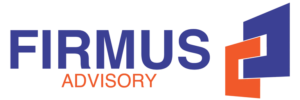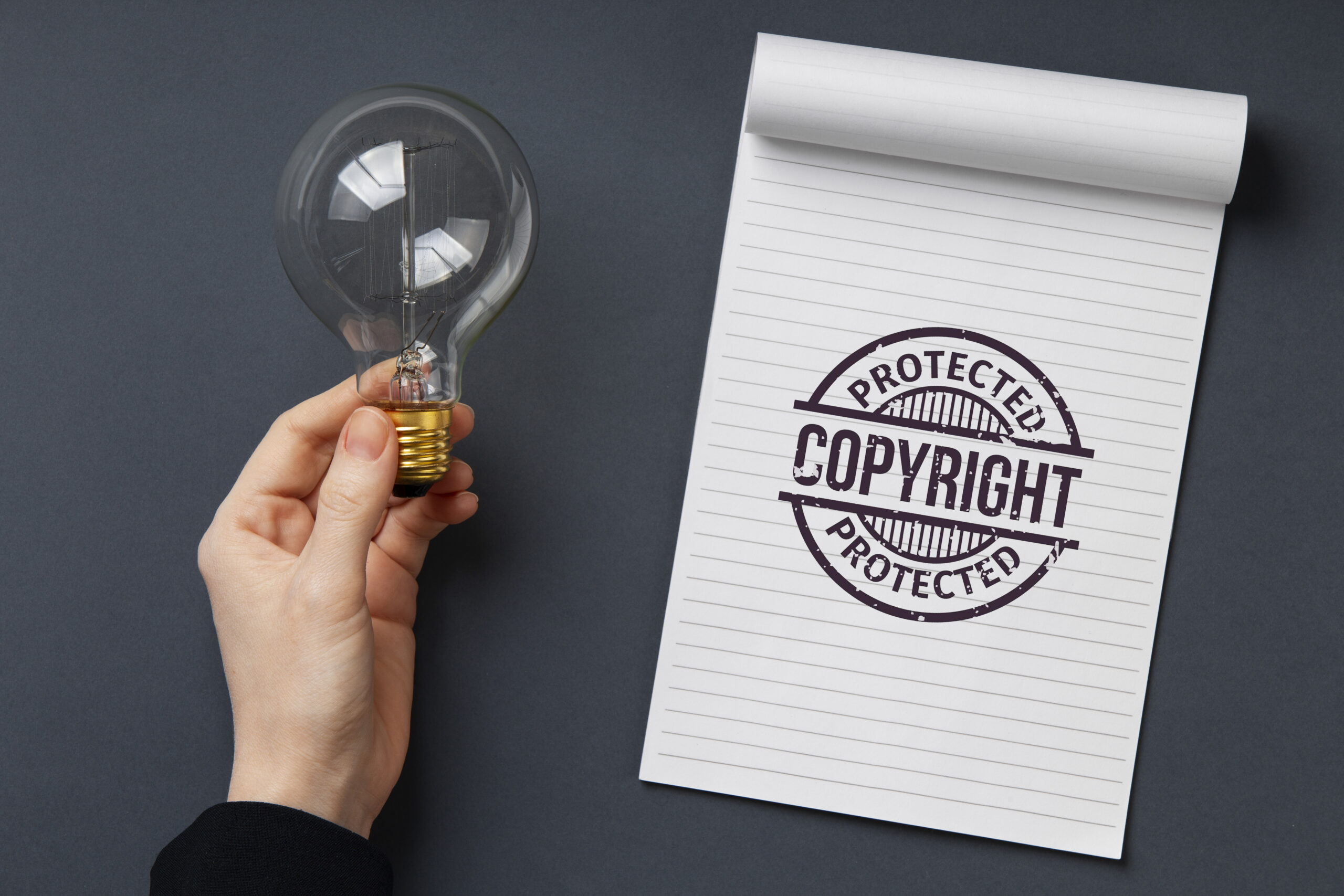Through my work with a consultancy firm that offers legal retainer services to a music distribution company, I’ve gained a deeper appreciation for the practical importance of copyright protection, particularly within Ghana’s creative and digital industry.
Regularly reviewing distribution and artist investment agreements has revealed just how critical it is to establish clear ownership structures, licensing terms, and royalty entitlements. Without this clarity, creatives often risk losing control, revenue, and proper recognition. In this article, I share key insights on copyright protection in Ghana and why every creative, business, or content-driven brand should take this seriously.
What Is Copyright?
Copyright is a legal right that protects original works of authorship—music, books, films, choreography, software, photographs, and more. In Ghana, this right arises automatically once the work is created and fixed in a tangible form, meaning the work is written down, recorded, saved, or stored in a format that allows it to be seen, heard, or shared. Despite this, registering your copyright is strongly advised.
Registration doesn’t create the right; it confirms it. It provides official proof of ownership, which is crucial when enforcing your rights, resolving disputes, or entering into licensing deals. Without registration, proving authorship or ownership, especially in court, can be significantly more difficult and costly. For creatives and businesses looking to protect their content and monetise it, copyright registration should not be overlooked.
What Types of Works Are Protected in Ghana?
Under Ghana’s Copyright Act, 2005 (Act 690) (as amended), the following categories of works are protected:
- Literary works (e.g., novels, scripts, poems)
- Musical works and sound recordings
- Artistic works (e.g., paintings, drawings, architecture)
- Audiovisual works (films, documentaries, YouTube videos)
- Choreographic works
- Derivative works (e.g., translations, adaptations)
- Computer software and programs
As long as the work is original and fixed in a tangible medium, it qualifies for protection.
Economic and Moral Rights of Creators
Under Ghanaian copyright law, authors are entitled to two main categories of rights:
- Economic rights: These allow the rights holder to derive financial benefit from the use of their work. They include the exclusive right to reproduce, distribute, perform, broadcast, translate, or adapt the work. These rights can be transferred or licensed to others.
- Moral rights: These remain with the creator even when economic rights are assigned. They include the right to claim authorship of the work, and to object to any distortion, mutilation, or other modification that would be prejudicial to the creator’s honour or reputation.
This distinction is important, especially in the creative industries, where works are often licensed or commercialized by third parties. Even where ownership of economic rights changes, the creator still retains certain personal, non-transferable rights.
Who Owns the Copyright?
Ownership of copyright—and the type of rights held—depends on the relationship between the creator and the party for whom the work was produced:
- Individual creators (e.g., authors, musicians, designers): Creators own both the economic and moral rights in their work by default. They may assign or license the economic rights, but retain the moral rights unless waived.
- Employees: Where the work is created in the course of employment, the employer typically owns the economic rights unless the contract states otherwise. However, the employee retains moral rights as the original creator.
- Commissioned work (Independent contractor): Ownership of economic rights depends on the written agreement between the client and the creator (i.e., the contractor). In the absence of a clear agreement, the creator retains both the economic and moral rights to the work done.
- Assignees or licensees: May acquire the economic rights through formal assignment or licensing, but do not acquire moral rights.
This is why well-drafted contracts matter, especially in industries like music, publishing, and design, where multiple parties may each be involved in exploiting a single creative work.
Duration of Copyright Protection
According to Sections 12 to 18 of the Copyright Act, 2005 (Act 690) (as amended), copyright lasts as follows:
- For individual creators: 70 years after the death of the author
- For joint authorship: 70 years after the death of the last surviving author
- For corporate or anonymous works: 70 years from the date of publication or the creation of the work, whichever is later.
- For audiovisual works: 70 years from the date of creation, public release, or publication—whichever is later
- For sound recordings: 70 years from the year of publication, or if unpublished, 70 years from the year of fixation
- For expressions of folklore: Protected in perpetuity, held in trust by the President for the people of Ghana
- For moral rights: Exist in perpetuity and are enforceable during the lifetime of the author and by their successors after death
Understanding these timeframes is essential for managing the ownership, licensing, and eventual expiry of copyright in creative works.
How To Protect and Enforce Copyright in Ghana
While copyright exists automatically, enforcement is where most creatives struggle. Here are practical steps to protect and enforce your rights:
- Register your work with the Copyright Office of Ghana https://www.copyright.gov.gh. This provides a formal record and can make enforcement easier.
- Use contracts to define ownership, royalty structures, and usage rights when collaborating with others.
- Add copyright notices (e.g., © 2025 Alberta Kyeremeh) to your work to deter infringement.
- Monitor for misuse, especially online. Digital platforms like YouTube and Spotify have takedown mechanisms when infringement or potential infringement is detected.
- Take legal action for infringement through the courts or seek mediation or settlement at the Copyright Office, where applicable.
Is Copyright Territorial?
Yes, copyright is territorial, meaning it is governed by the laws of the country where protection is sought. Ghana’s Copyright Act, 2005 (Act 690) (as amended), applies within Ghana. However, under the Berne Convention for the Protection of Literary and Artistic Works (“Berne Convention”) https://www.wipo.int/wipolex/en/text/283698, to which Ghana is a signatory, Ghanaian works are also protected in other member countries.
Article 5(2) of the Berne Convention guarantees the enjoyment and exercise of copyright in member states without any formality although, each country where protection is claimed applies its own national laws to determine the extent of protection and available remedies. This means that once you create an original work in Ghana, your copyright is recognised in over 180 countries that are members of the Berne Convention, provided the work qualifies under their local laws.
However, enforcing your rights internationally, especially in cases of online infringement, requires extra effort and awareness. Here are a few key considerations:
- Online platforms like YouTube, Facebook, Instagram, Spotify, and TikTok operate across borders. While they are expected to respect copyright, actual enforcement depends on each platform’s tools, rules, and responsiveness.
- Registering your copyright in Ghana can strengthen your position globally. It provides official proof of ownership, which helps when issuing takedown notices, negotiating licensing terms, or making infringement claims abroad.
- For repeated or serious violations in other countries, you may need to engage legal professionals within those jurisdictions to initiate formal enforcement.
In short, while Ghanaian copyright protection is respected internationally under treaty obligations, registration remains a smart first step, especially when your work is distributed or monetised globally.
Why This Matters for Creatives and Businesses
Creating content means creating value. That value is protected by copyright, but only if you understand how to claim and control it. If you’re an artist, designer, software developer, or entrepreneur building a brand, you need to understand that your content is an asset.
For businesses like the music distribution company I serve, effective copyright management is fundamental to safeguarding revenue, strengthening brand reputation, and ensuring sustainable growth.
Is Copyright the same as Trademark?
Although both copyright and trademark are forms of intellectual property, they protect different things.
- Copyright protects the actual content you create—like a song, video, book, or design.
- Trademark protects the name or symbol you use to identify your brand—like your business name, logo, or slogan.
So, if you wrote and recorded a song, copyright protects the lyrics and music. But if you released the song under a unique artist name and logo, trademark protects that name and logo from being copied.
| Copyright | Trademark |
| Protects original creative works (songs, videos, books, software) | Protects brand identifiers (names, logos, slogans) |
| Arises automatically upon creation | Requires formal registration |
| Duration: 70 years after the creator’s death | Renewable every 10 years |
| Enforced by creators or assignees | Enforced by brand owners |
Most creatives and businesses need both; copyright to protect the copyrightable work they create, and trademark to protect the branding of the business.
Conclusion
Copyright protection in Ghana isn’t just for musicians and filmmakers. It applies to nearly every sector, from tech to education to marketing. If you’re creating original content, you’re sitting on value. And if you’re not protecting it, you’re leaving that value vulnerable.
Start with the basics: know your rights, use contracts, and register your work. You don’t have to wait for a dispute to realise how important copyright is.


